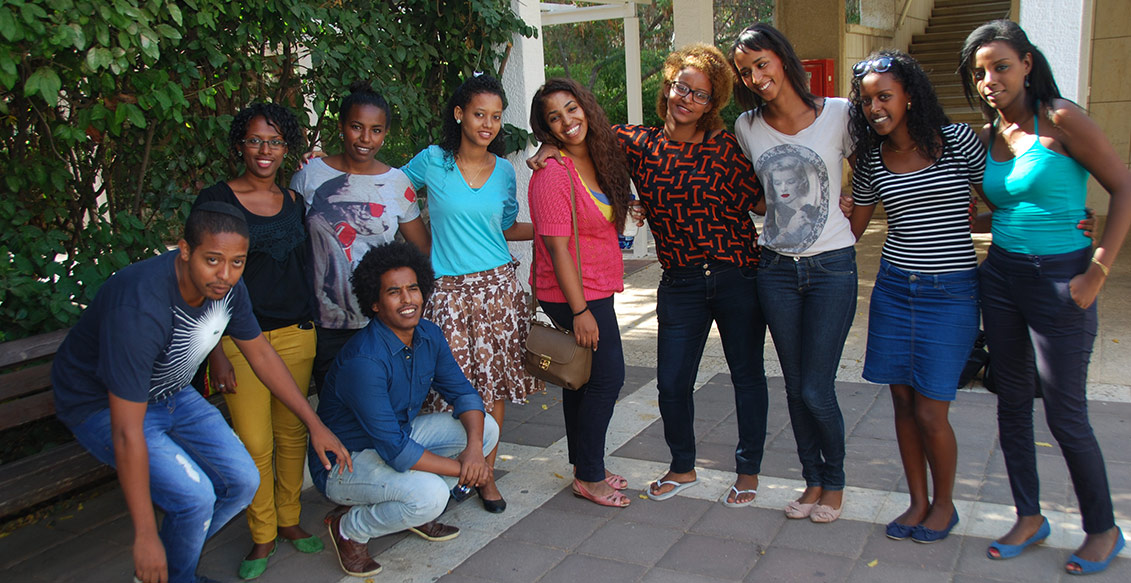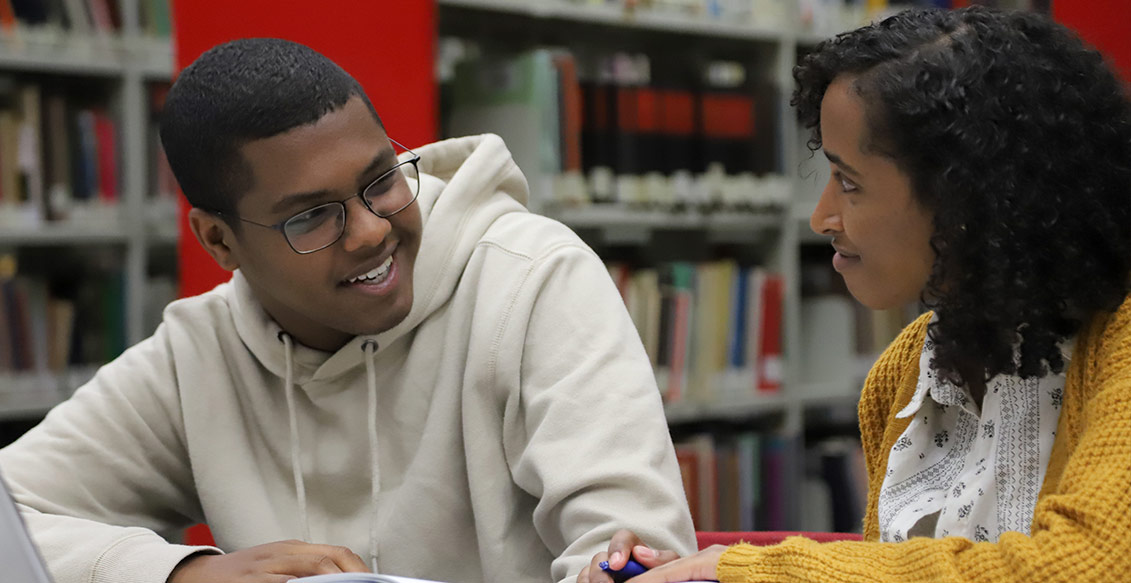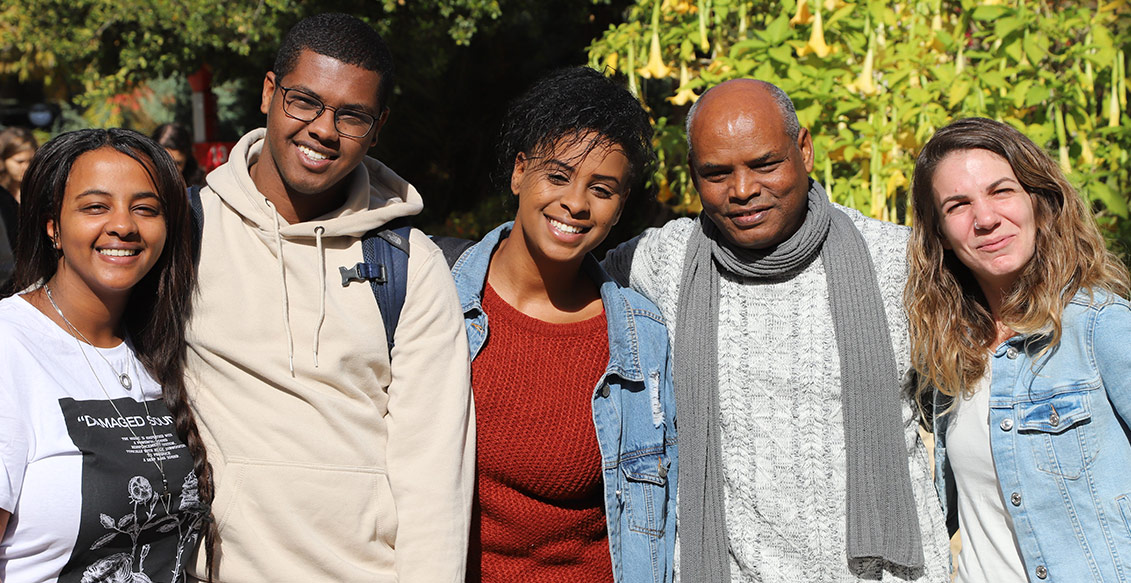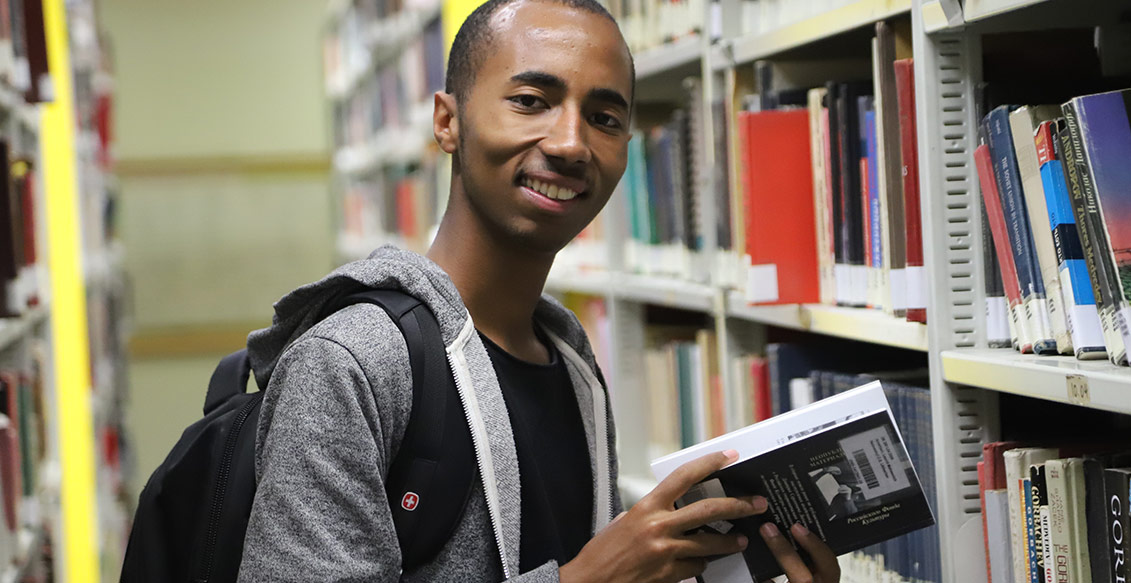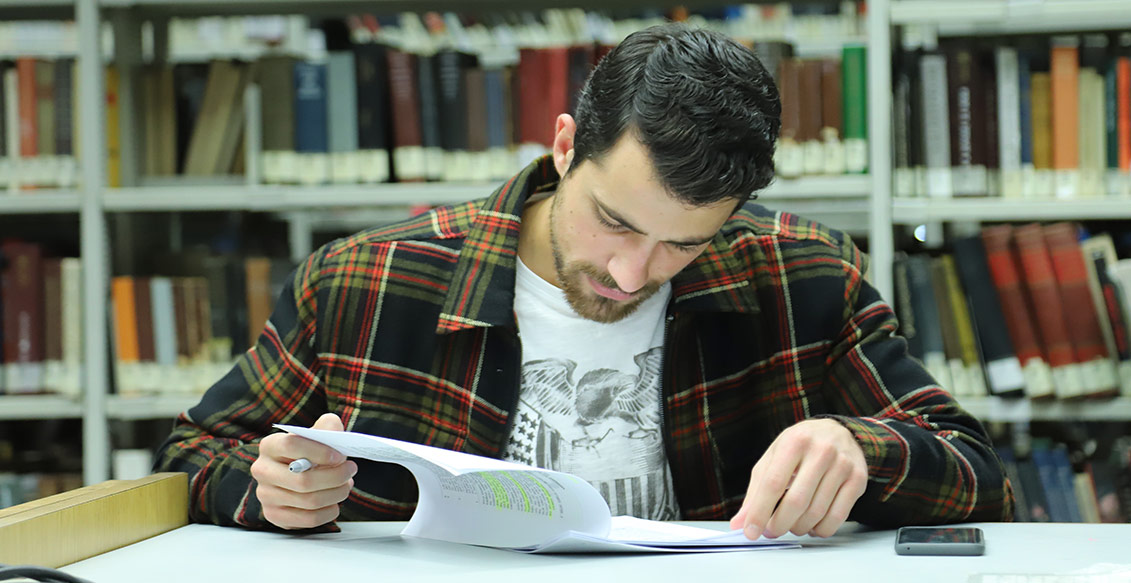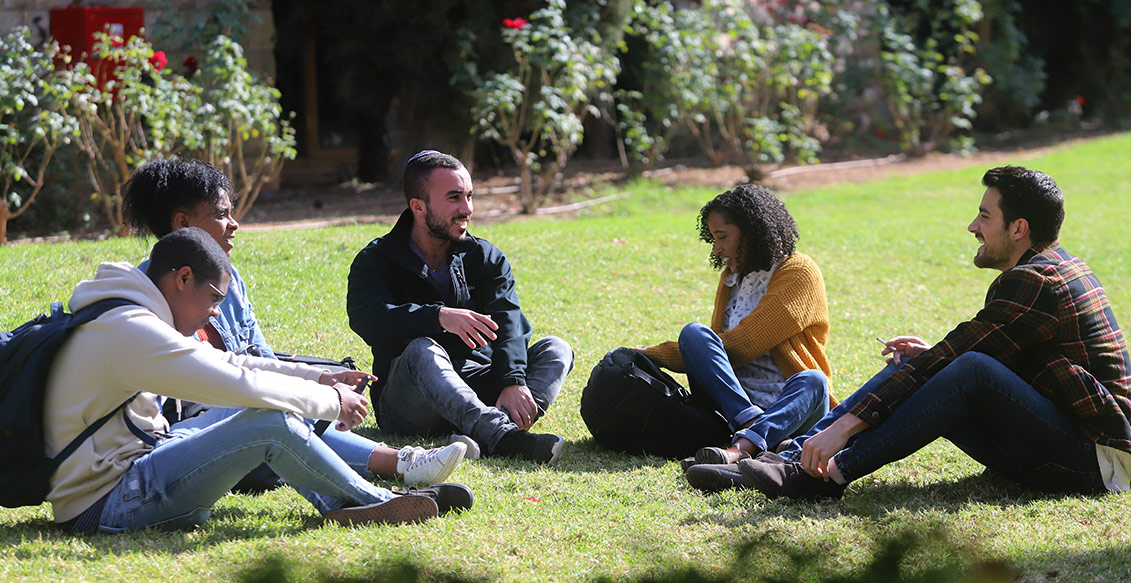We believe that every one of us has the right to learn, fulfill our potential, and make an impact
About the program
The Feuerstein in Academia program is aimed at breaking through the psychometric exam barrier, which prevents peripheral population from accessing selective academic faculties, with social mobility potential.
The program is based on an alternative diagnostic model for the psychometric exam, which analyzes candidates’ learning potential, and also involves personal guidance for participants that includes, among other things, a course on learning strategies and unique cognitive support. The program enables candidates from the social and geographic periphery, as well as Ethiopian Israelis, to integrate into prestigious academic tracks independently of their psychometric grade and to complete their studies successfully.
The program operates in collaboration with Feuerstein Institute, the The Hebrew University, Tel Aviv University Bar-Ilan University, Haifa University, Ariel University and Ruppin Academic Center.
Goals
- To integrate Ethiopian-Israelis and people from the socio-geographic periphery into selective university departments.
- To establish alternatives for the psychometric test as a diagnostic tool for admission into academic studies.
- To transform the image of Ethiopian immigrants and people from the socio-geographic periphery with regards to their scholastic abilities.
Mode of operation
Acceptance to the program is based on a unique selection process developed by Prof. Reuven Feuerstein, and proven to predict learning potential. Candidates have been identified as having an impressive and motivated learning potential, yet their psychometric test score is 100 points lower than required for admission to various departments at The Hebrew University, Bar-Ilan University, and Ariel University. The universities participating in the program accept these students on the basis of the Feuerstein Institute’s assessment and recommendation. They integrate into medical studies, computer science, engineering, occupational therapy, psychology, law, economics, social work, accounting and other selective programs. Students enjoy a supportive environment that includes a course on learning strategies, tutoring, unique cognitive support, scholarships and personal guidance.
The program’s data show that the drop-out rate in the program is only 9%, compared to 22% in the general society and 33% among Israeli Ethiopian students, and that average grades of participating students are no different from the average of all students in those departments.
With the help of the program, nearly 300 students have so far been admitted to prestigious courses, including four Ethiopian PhD.
In the numbers
the program’s inception
in the program
in 2017-2018
bachelor's degrees
into a master’s degree
program
scholarships for
higher education
Gallery
